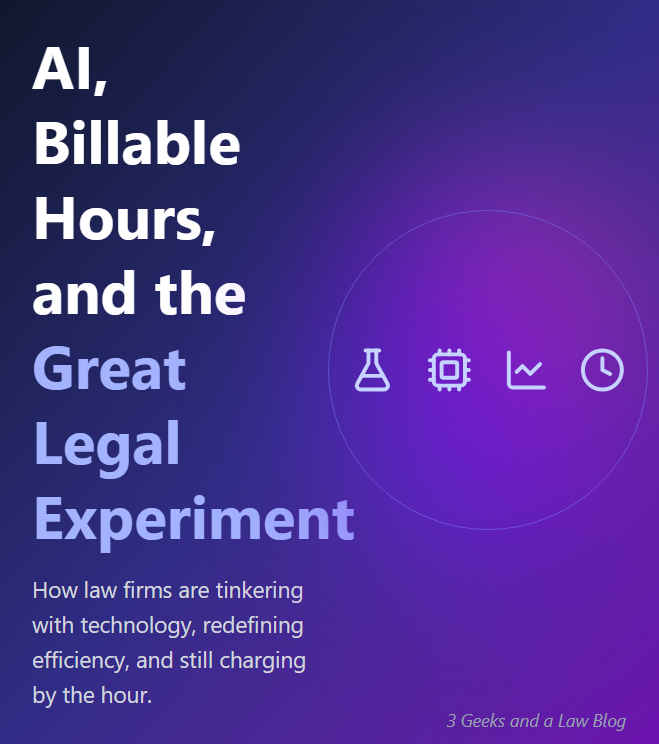The promise of generative artificial intelligence (AI) in legal practice is seductive: speed up document review, contract drafting, legal research, and thereby shave down hours billed. Yet the reality for many law firms is different. A recent survey by the Association of Corporate Counsel (ACC) and Everlaw found that nearly 60% of in-house counsel reported









